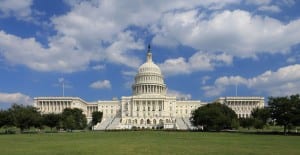UCL Festival of Culture: The ethics of fighting ISIS: Should we do whatever it takes to prevent terrorism?
By ucyow3c, on 13 June 2016
![]() Written by Sam Stockdale (UCL Arts & Humanities)
Written by Sam Stockdale (UCL Arts & Humanities)
 You would be hard pushed to find a positive thing to associate with ISIS, but the terrorist group certainly knows how to generate a lot of interest, as we saw at this year’s UCL Festival of Culture session ‘The ethics of fighting ISIS’. Attendees squeezed in next to each other without a seat to spare. It was clear from the start that this would not be a ‘death-by-PowerPoint’ session and the audience were faced with some ethical conundrums.
You would be hard pushed to find a positive thing to associate with ISIS, but the terrorist group certainly knows how to generate a lot of interest, as we saw at this year’s UCL Festival of Culture session ‘The ethics of fighting ISIS’. Attendees squeezed in next to each other without a seat to spare. It was clear from the start that this would not be a ‘death-by-PowerPoint’ session and the audience were faced with some ethical conundrums.
Should we torture?
After immersing the audience in a crash course in consequentialist ethics (through an example of killing one person in order to save five – do the ends justify the means?), Dr Jeff Howard (UCL Political Science) threw down the gauntlet immediately with the first in a series of challenging scenarios:
You have an Islamic State terrorist in custody who has gleefully admitted to planting a dirty bomb in central London with the prospect of killing hundreds of people within two hours. He of course is not admitting to where it is. Do you torture him?
The question immediately divided the room.
 Close
Close




